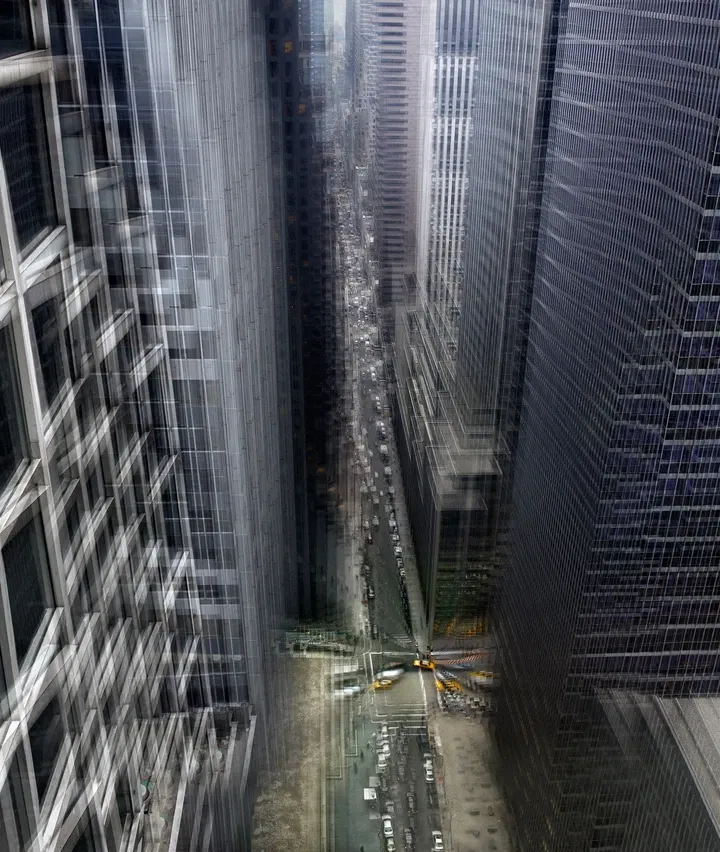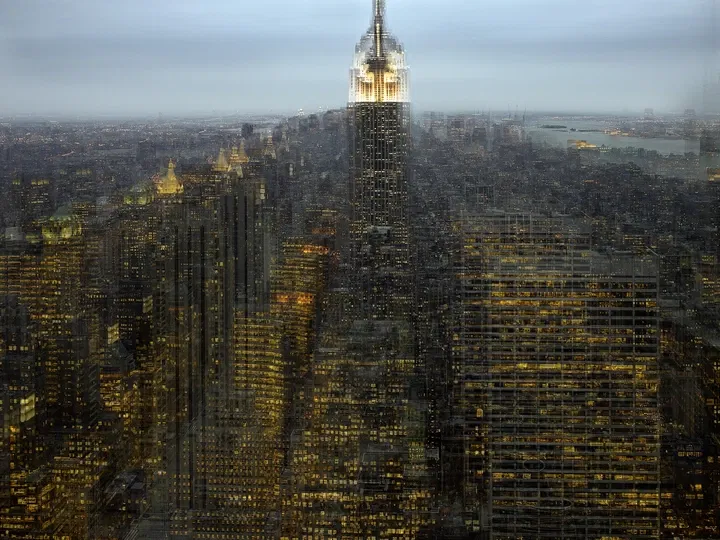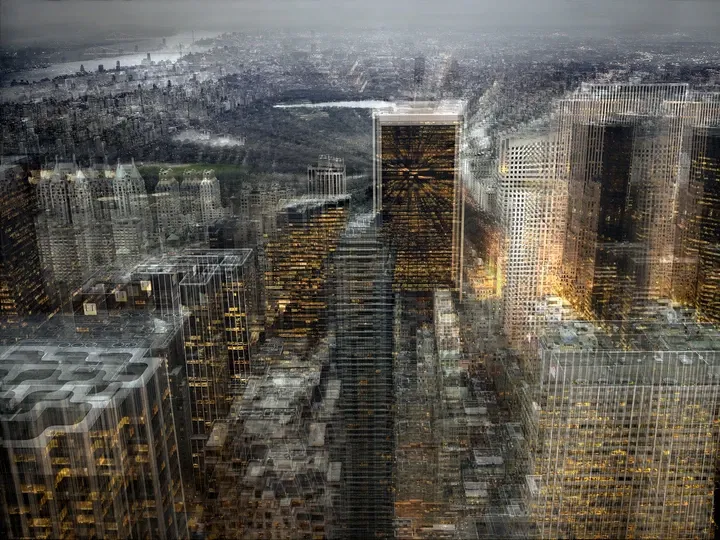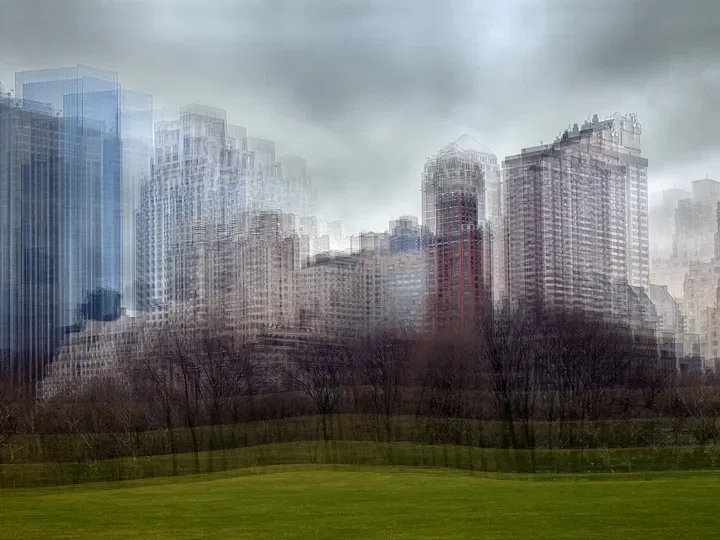Bestseller

Taxi 2, NY
from € 299
2 sizes available
Unfortunately, this artwork cannot be added to the room view.





The City of Soul, Speed, and a Racing Pulse What city could be better suited for Alfonso Zubiaga’s neues Sehen of the metropolis than New York – the city that never sleeps, the pulsing… Read more
Bio Exhibitions




| 1958 | Born in Guecho, Vizcaya, Spain |
| 1973 | Began working as a photographer |
| 1983 | Moved to London, where he worked as a photographer for EL PAIS, DIARIO 16, VIAJAR, as well as for the film Graystoke (Hugh Hudson) and Indiana Jones and the Temple of Doom (Steven Spielberg) |
| 1985 | Moved to Madrid and opened his own studio |
| Seit 2007 | Taught the international photography masters’ class at EFTI Madrid |
| Lives and works in Madrid, Spain |
| 2008 | Iman (Fecemd) |
| 1995 /96 | Cresta Internacional |
| 1999 | Fiap |
| 1994/95/96 | Festival de San Sebastian |
| 1999/00/05 | Festival de San Sebastian |
| 1995 | Eurobest |
| 1995/97 | New York Festival |
| 1998/99 | New York Festival |
| 1995/97 | Cannes |
| 1998/01 | Cannes |
| 1996 | Epica Primer Permio |
| 2010 | Outart, Madrid, Spain |
| Madrid Foto, Madrid, Spain | |
| ARCO, Gallery Vanguardia, Madrid, Spain | |
| 2009 | ABC Art Berlin Contemporary, Berlin, Germany |
| ARCO, Gallery Vanguardia, Madrid, Spanien | |
| Art Berlin Contemporary, Gallery Artiled, Berlin, Germany | |
| 2000-2006 | Images for didnity. Photo España 1999, touring exhibition Spain and Portugal |
| 1997 | AFP Exhibitions in the Contemporay Art Museum, Madrid, Spain |
| 1984 | The London council, collective, London, UK |
| 1983 | The Box Brownie, East End, London, UK |